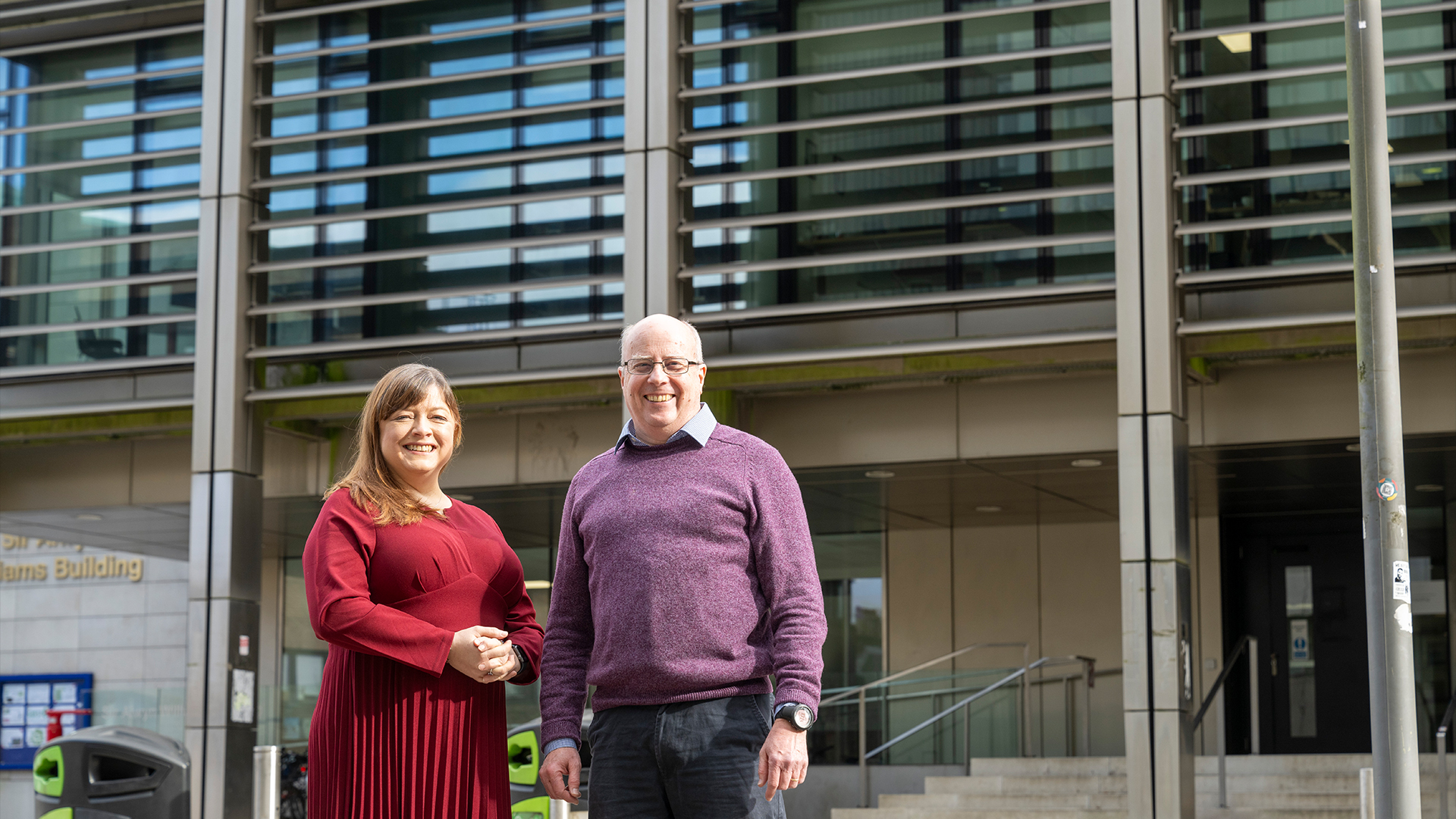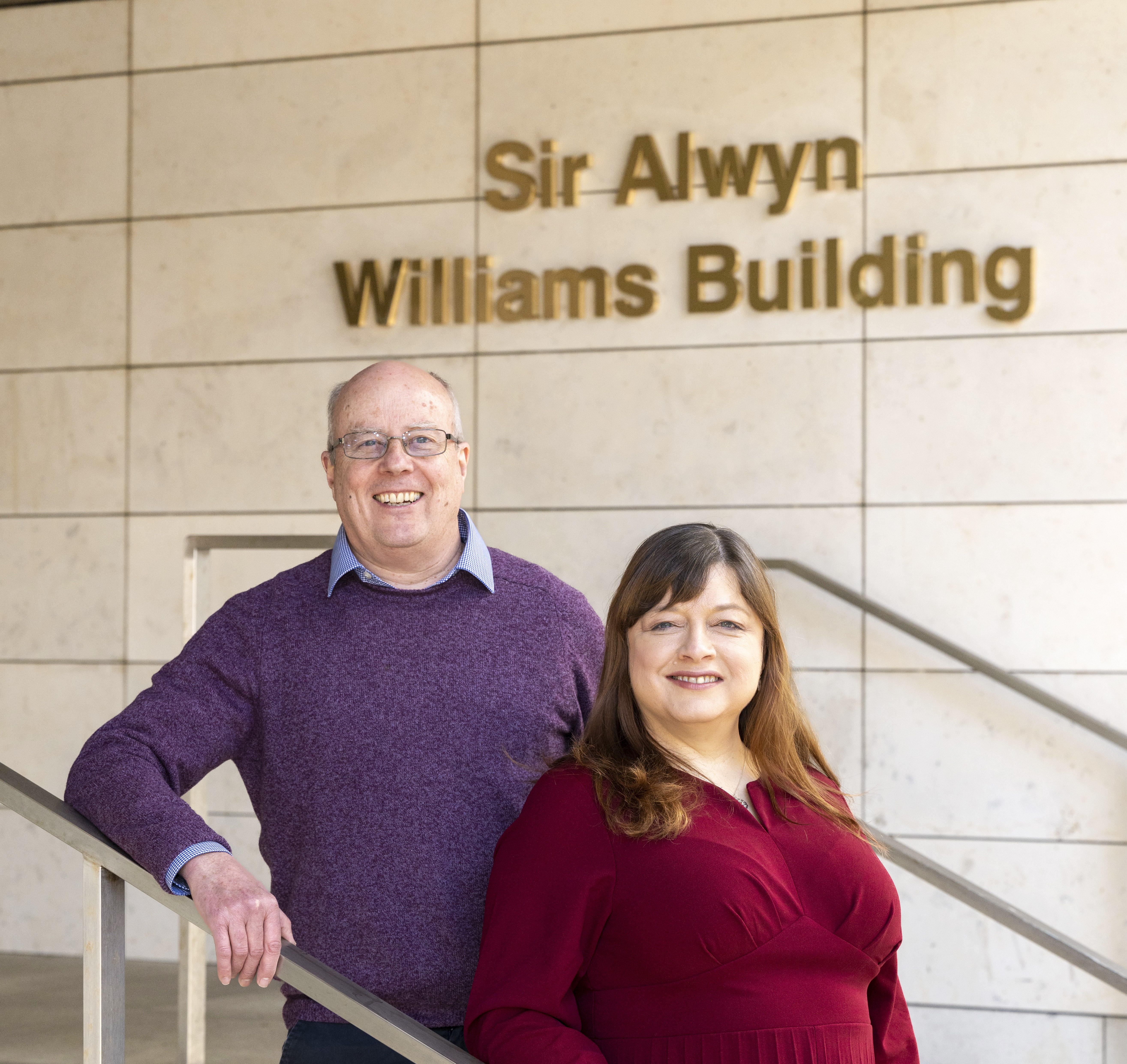University of Glasgow eyes closer industry collaboration with new computing science innovation lab
The University of Glasgow computing science innovation lab is the latest development aimed at supporting the city's burgeoning tech ecosystem


The University of Glasgow is opening a new computing science innovation lab to boost collaboration between academia and industry.
The idea behind GLACSIL is to build on productive partnerships already established with companies across a wide range of sectors. The hope is that they'll spark new research collaborations, benefit from joint funding opportunities, and develop new commercial products.
"Universities are unique spaces where researchers have the freedom to explore ideas that they find interesting and push forward new technological developments. GLACSIL partners will have the inside track on learning about those breakthroughs," said GLACSIL’s co-director Jill Dykes.
"Glasgow’s School of Computing Science innovates across a wide range of domains: from AI, computer vision, social robotics, and healthcare technologies, to algorithm development, cyber security, systems and communications, and programming languages.
"Within GLACSIL, we’ll work with our partners across those areas in response to real-world problems, business needs, and commercial applications."
GLACSIL has teamed up with six companies so far - Bell Nokia Labs, BT Research, Thales, Moodagent, International Data Flows, and DotPhoton - and revealed they've already formed close collaborative links with researchers from the school through jointly funded research.
One of the first projects will be to open up the research opportunities of the School of Computing Science to member companies. Members will be able to take part in research seminars, workshops, networking events, and other activities to debate, discuss, and solve key research questions for academia and industry.
Get the ITPro daily newsletter
Sign up today and you will receive a free copy of our Future Focus 2025 report - the leading guidance on AI, cybersecurity and other IT challenges as per 700+ senior executives

Professor Phil Trinder and Jill Dykes, co-directors of the University of Glasgow computing science innovation lab
"Companies can benefit from partnering with universities to tap into our expertise, augment their own research and development work, and fund studentships which can create graduates custom-tailored for their needs," Dykes said.
"GLACSIL will work to bring all that activity under a single umbrella for partners we’ve already built quality relationships with."
One example of this collaboration in practice is a project from the University and Thales to produce a range of multi-sensor solutions for security applications, using AI and machine learning techniques to assist users and prevent cognitive overload.
"The specialist technical skills and knowledge that our business requires is highly synergistic with the expertise of the researchers at the University of Glasgow’s School of Computing Science," said Nicholas Wood, chief electro-optics technologist at Thales.
Long-term, the partnership aims to develop technologies to improve the performance of decision makers in complex environments.
Professor Phil Trinder, GLACSIL’s academic lead and co-director, said projects at the center will start relatively small, with companies that already have a close relationship with the university.
"Ultimately, the goal is to make GLACSIL accessible to companies of all sizes who could benefit from working closely with our academics," he said. "We’re looking forward to developing GLACSIL as an important part of Scotland’s thriving research and innovation culture in the years to come."
Glasgow is fast becoming a major tech hub. Late last year, for example, FinTech Scotland, the University of Glasgow, and the University of Strathclyde unveiled the Financial Regulation Innovation Lab (FRIL) to work with the financial services industry to examine technology-based regulatory products and services.
In January, Glasgow City Council and the Smart Things Accelerator Centre (STAC) launched a new innovation center for research into drones, robotics, artificial intelligence, IoT, nanotech, and cleantech.
The city has three innovation districts - Glasgow City Innovation District (GCID), Glasgow Riverside Innovation District (GRID) and the Advanced Manufacturing Innovation District (AMIDS) - giving tech startups and enterprises access to a range of accelerator programmes.
Emma Woollacott is a freelance journalist writing for publications including the BBC, Private Eye, Forbes, Raconteur and specialist technology titles.

